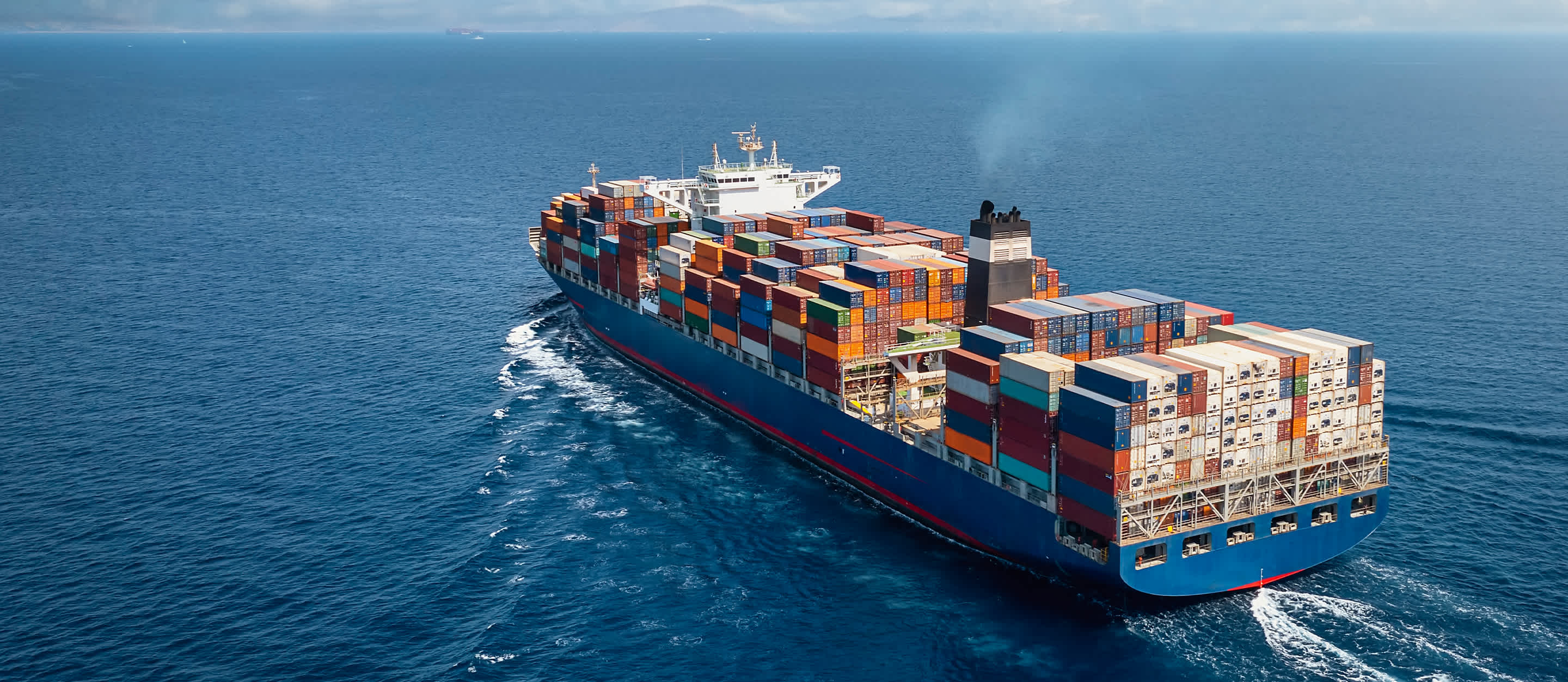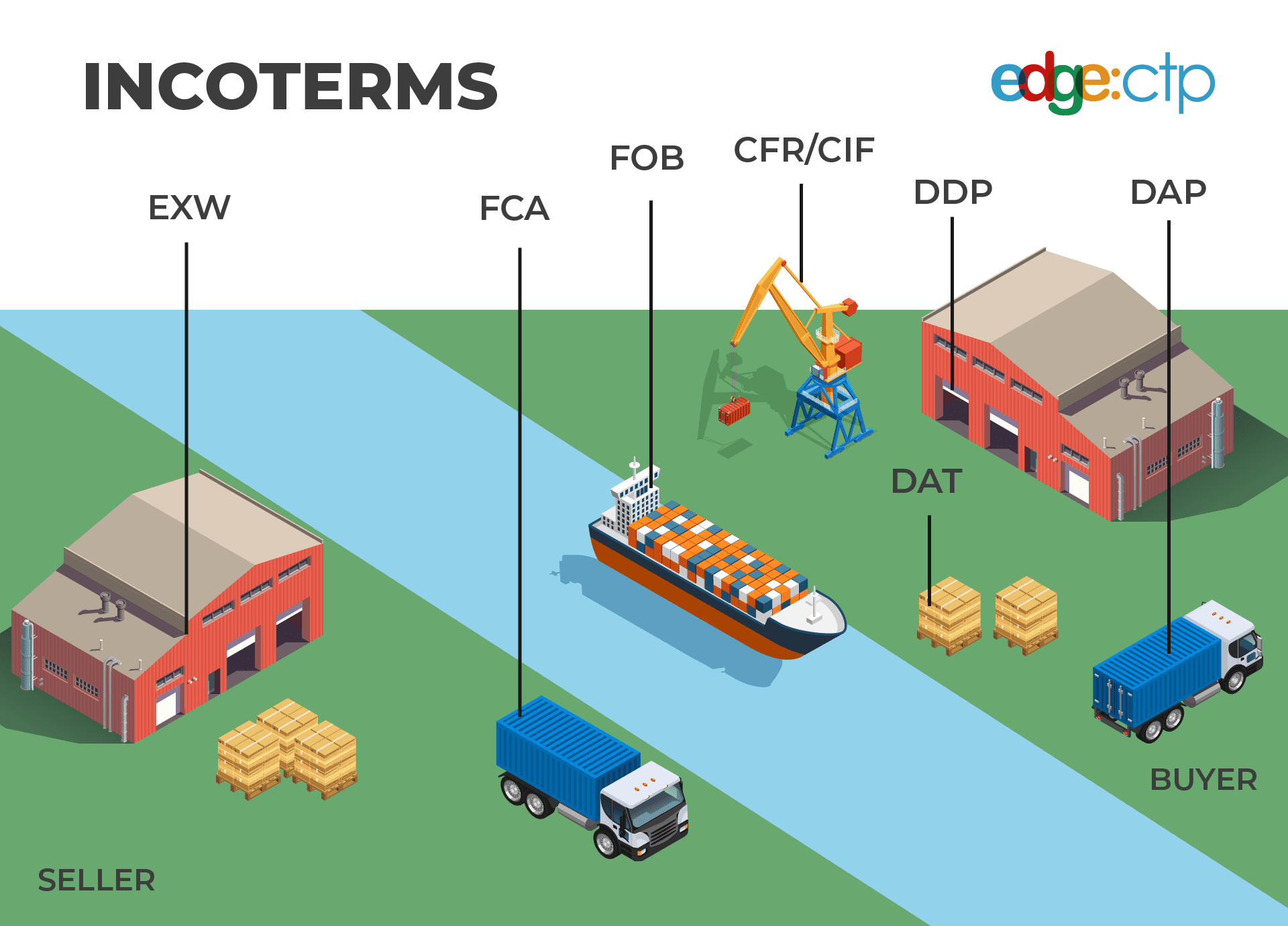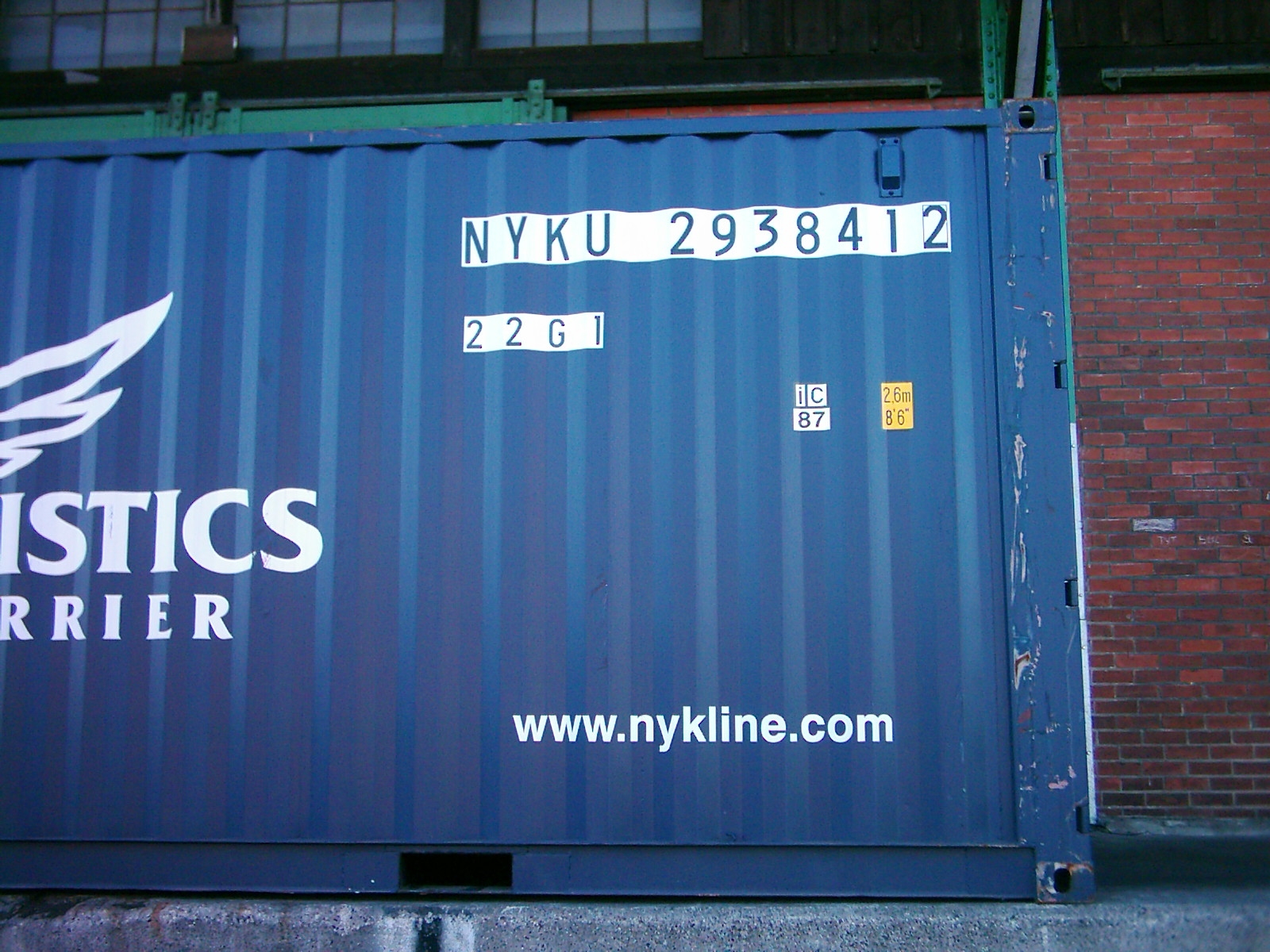The Importance of Cargo Insurance in International Shipping
International trade involves the transportation of goods across long distances, which increases the likelihood of damage or loss. Cargo insurance is essential for mitigating risks and providing peace of mind during the journey. This article explains the basics of cargo insurance, how to purchase it, how to make claims, and what to do if your goods are uninsured.

1. What is Cargo Insurance?
Cargo insurance is designed to protect goods in transit. It covers damage, loss, or theft that may occur during transportation by land, sea, or air. This insurance ensures that you are reimbursed for the value of your cargo if unexpected events like accidents, natural disasters, or theft occur during transit.
There are various types of cargo insurance, categorized based on the mode of transportation:
- Marine cargo insurance: For goods transported by sea.
- Road cargo insurance: For goods transported by truck or land.
- Rail cargo insurance: For goods shipped by rail.
- Air cargo insurance: For goods transported by air.
2. When and How to Buy Cargo Insurance?
Cargo insurance should be purchased before your goods begin their journey, typically before they leave the dock. For example, if you are shipping goods by sea, marine cargo insurance should be secured before departure.
Although freight forwarders often handle the procurement and management of cargo insurance, you can also arrange it directly with an insurance company or agent.
3. How to Make a Claim?
If damage or loss occurs during transit, your cargo insurance policy can be activated. To file a claim, you'll need to provide several key documents:
- Insurance policy
- Bill of lading (contract for carriage)
- Commercial invoice
- Packing list
- Damage report
- Statement of claim
- Photographs of the cargo before and after damage
In cases of force majeure (e.g., hurricanes, earthquakes), insurance may not cover damages, but accidents caused by weather-related factors will be reimbursed.
If the financial loss is significant, an on-site inspection by an insurance agent may be required. For losses under $2000, you can typically submit photos and a description of the damage.
4. How to Deal with Uninsured Loss?
Without cargo insurance, you may not be fully compensated for the loss or damage to your goods. Carriers often have limited liability, and they are not responsible for certain damages, such as those caused by:
- Poor packaging
- Defective cargo
- Acts of God (e.g., natural disasters)
If the damage is due to human error, such as mishandling, a freight forwarder may assist you in filing a claim for compensation. However, without insurance, you will bear the full financial responsibility for losses.
5. Cases: Uninsured vs. Insured
5.1 The Uninsured Scenario
In April 2021, a client shipping 400 containers of paper decorations to the US experienced significant water damage due to a typhoon. The goods were worth $12,500, but without cargo insurance, the client had to cover the entire loss of $15,500 (including freight charges).
5.2 The Insured Scenario
In July 2021, a client shipping 10 containers of self-service terminal components experienced damage during transit. The value of the loss was $6,344, but because the client had purchased cargo insurance, they were reimbursed $5,075.20, covering 80% of the financial loss.
6. Conclusions
Cargo insurance is an important safeguard in international shipping, helping protect your goods from unforeseen events. Although not mandatory, purchasing cargo insurance is a prudent decision to minimize financial risks. When deciding whether to insure your goods, consider the potential cost of insurance against the value of your cargo and the risks involved in transportation.









